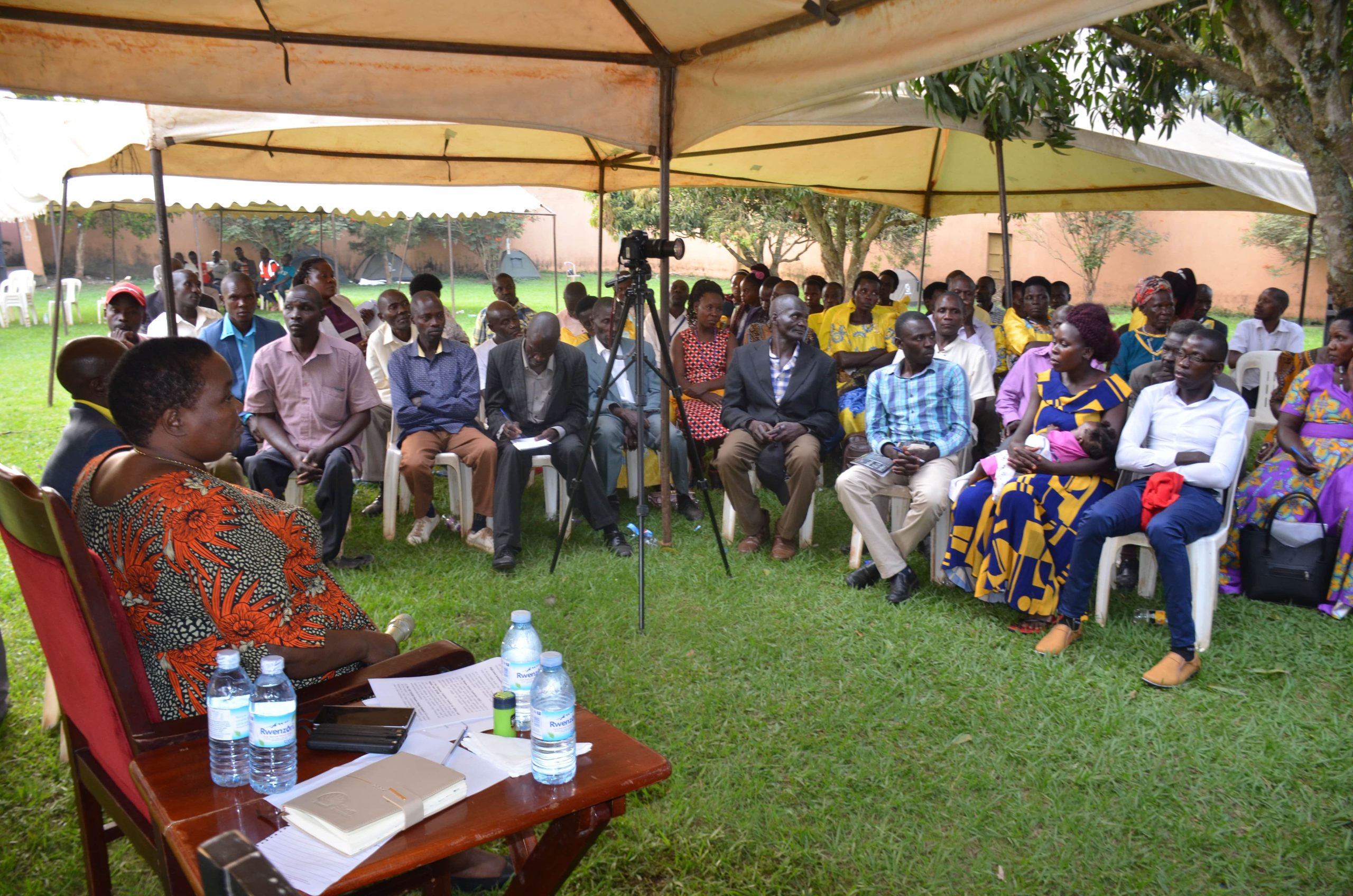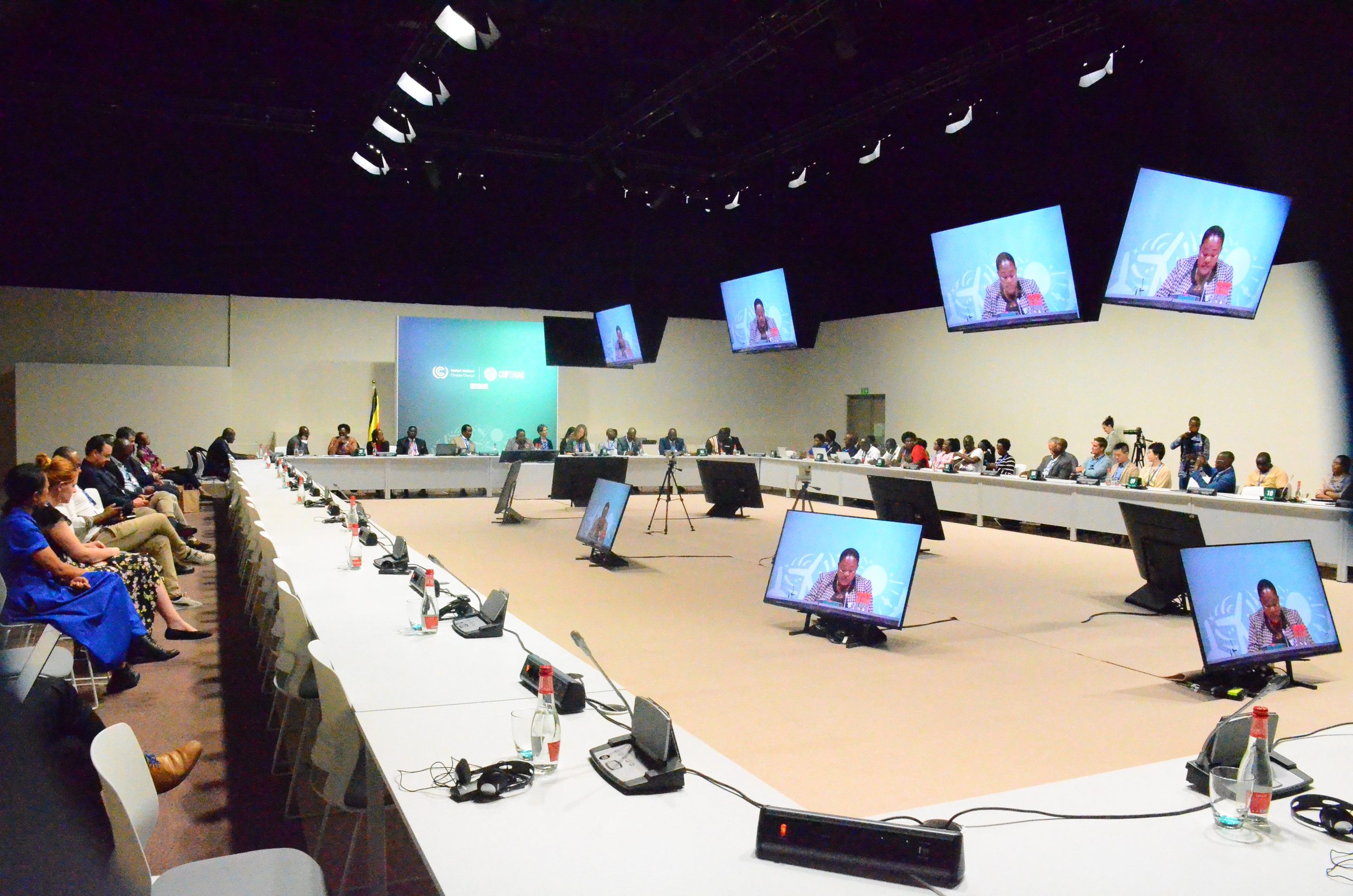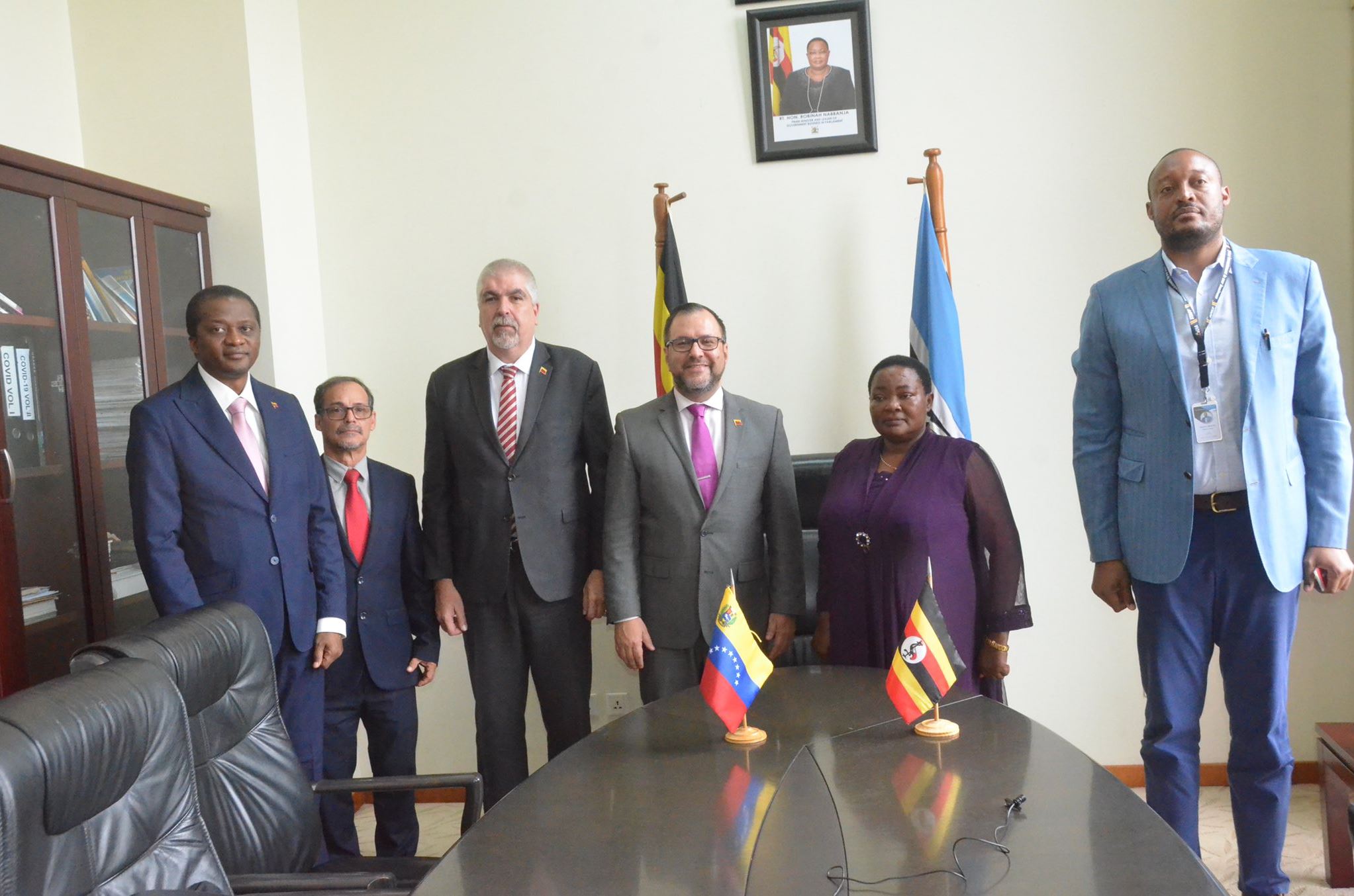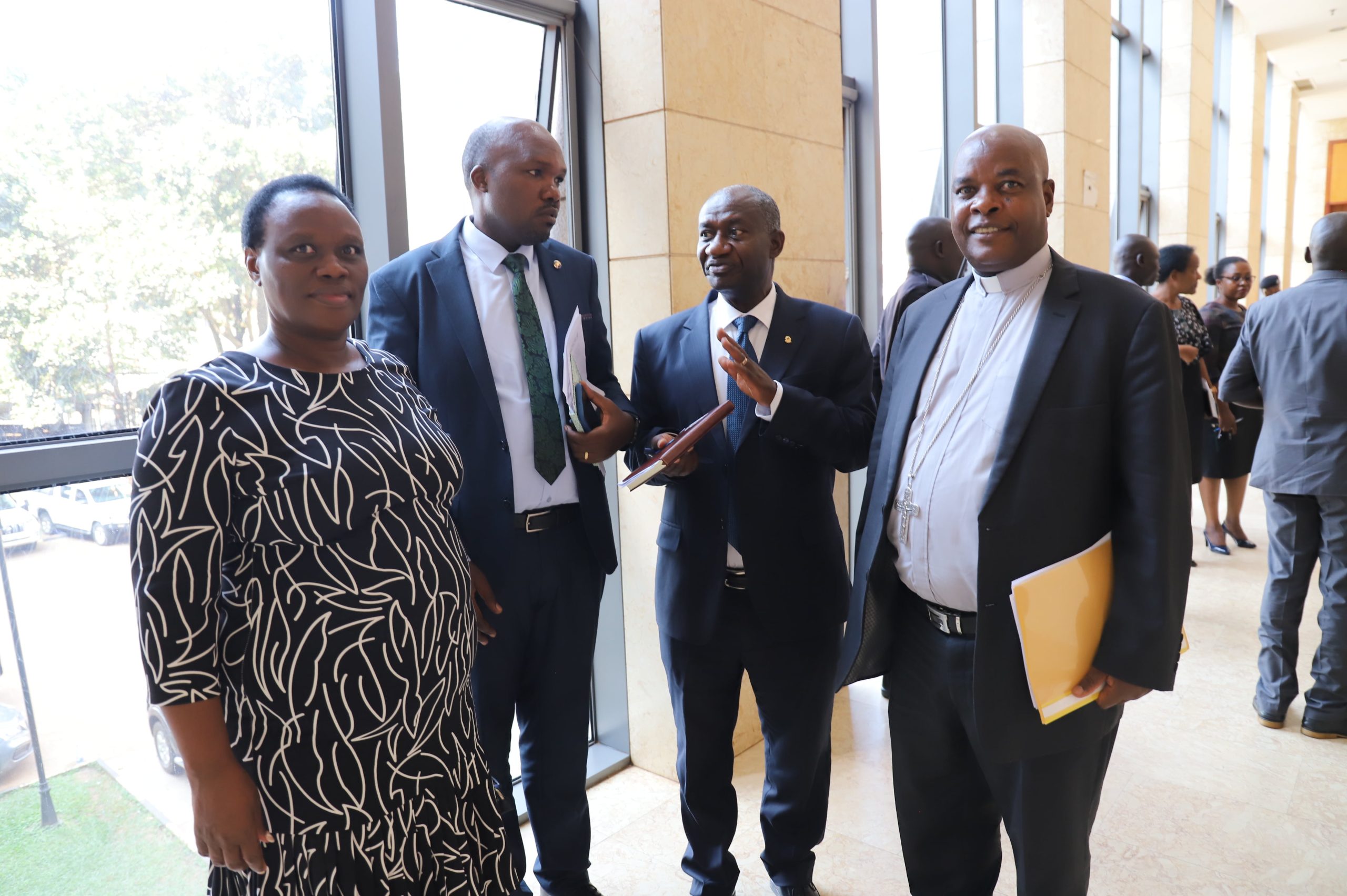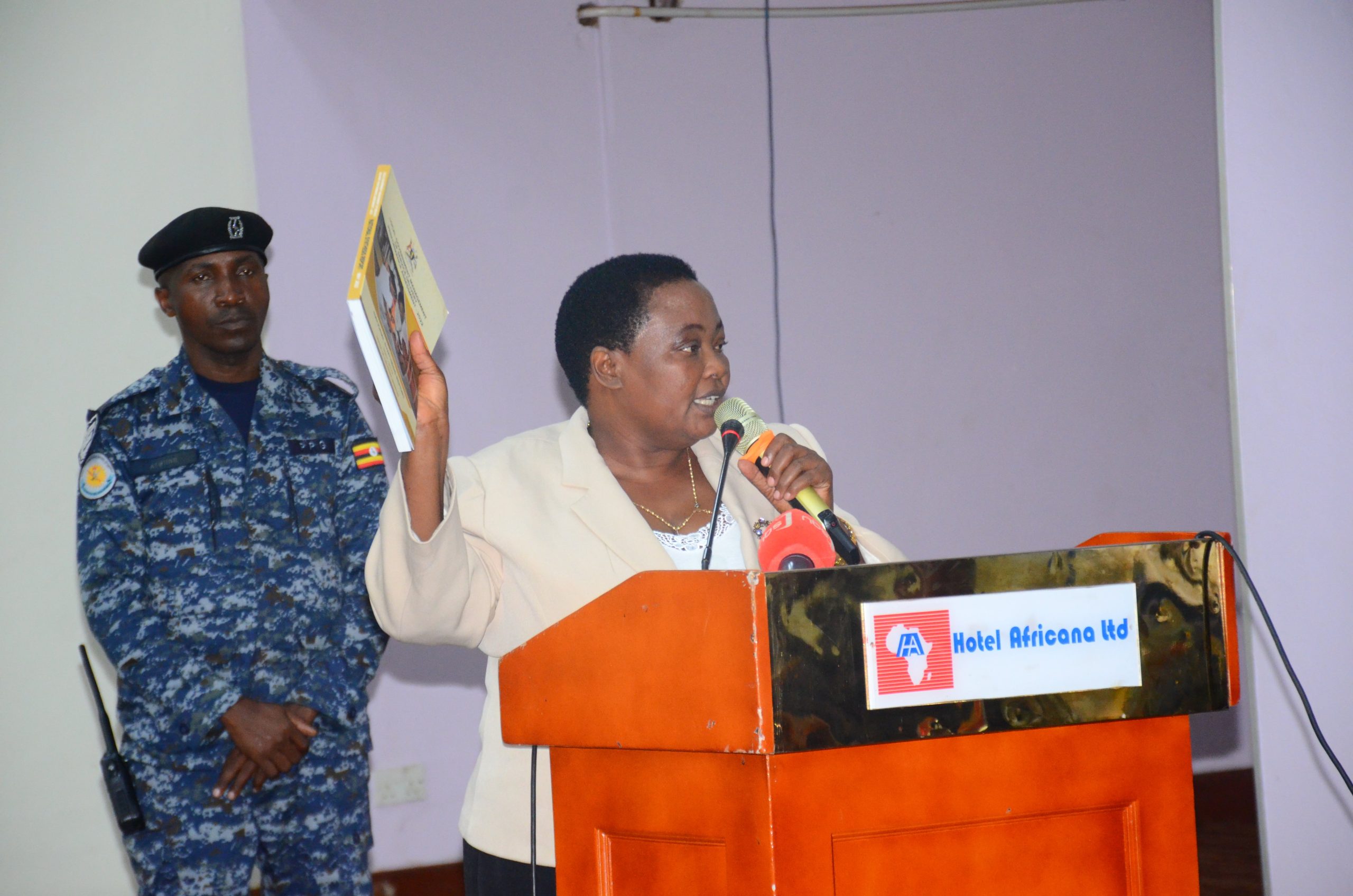Every 13th of October, the world marks the International Day for Disaster Risk Reduction (IDDR) to promote a global culture of disaster risk reduction. It is an opportunity to acknowledge the progress being made toward reducing disaster risk and losses in lives, livelihoods and health. In view of the impact that disasters have occasioned on people’s lives and livelihoods, this year’s theme is about conveying the message that many disasters can be avoided or prevented if there are disaster risk reduction strategies in place to manage and reduce existing levels of risk and to avoid the creation of new risk. What this amounts to is good disaster risk governance. Governance in Disaster Risk Management has got four major elements namely: Stakeholder involvement, Cooperation and collaboration and flexibility. In line with these elements of risk governance, Uganda is celebrating the IDDR under the sub-theme “Governance: A key for Managing Disaster Risks, Sustaining Development Gains”
To commemorate the IDDR 2020, the Office of the Prime Minister (OPM) in partnership with the United Nations Development Programme (UNDP) organised an online webinar. Joining the commemoration were a multiplicity of stakeholders from government agencies, academia, civil society, local government, private sector, development partners among others.
In her opening remarks on behalf of the Minister of State for Relief, Disaster Preparedness and Refugees, the Ag. Commissioner Department of Disaster Preparedness and Management noted that disasters had increased in intensity and frequency and that most of what Uganda was facing were hydrological in nature-floods and droughts, the effects of which are devastating. She cited the floods in Teso, landslides in the Bugisu sub-region in 2010, May 2020 Kasese floods, the rising water levels in all our lakes and rivers where close to two million people have been affected in addition to the COVID-19 pandemic. The Commissioner noted that the pandemic alone had killed 94 people so far while 64 lives had been lost due to other disasters this year alone. The last assessment of 2010-2011 revealed a loss suffered under each sector worth 1.2 million USD. In conclusion, she noted that a lot is being done in line with this year’s theme for example mainstreaming Disaster Risk Management (DRM) in development plans. She mentioned that governance includes policies, laws, mainstreaming DRM, funding mechanisms, strengthening collaborations as we address the challenges of climate change and DRR.
The UNDP Resident representative wished members a happy IDDR. She noted that this day helps to raise awareness around risk but importantly what can be done to address them. This year’s theme is governance as an instrument for managing disasters and sustaining development goals. Uganda has faced a number of disasters including COVID, locusts and floods. She thanked the government for its commitment to addressing disasters particularly through the National Emergency Coordination and Operations Centre (NECOC). ‘’NECOC as an instrument is incredible but what is important is to decentralise it to have District Emergency Coordination and Operations Centres (DECOCs)’’ she noted. She concluded by calling for collective action and ensuring that governance rests with us as we all contribute to reducing disasters in the Pearl of Africa.
In her remarks, the Ag. Commissioner of Relief, Disaster Preparedness and Management, Ms Rose Nakabugo highlighted the global policy and legal frameworks governing disaster risk reduction including the SDG 16, Sendai Framework, Africa Union Agenda, East African Community Vision among others. She briefed members about the available policies in Uganda, the DRM Governance elements (Stakeholder involvement, cooperation and collaboration, flexibility and adaptive management), challenges and recommendations. While discussing the elements, the Commissioner informed the meeting that:
- The Disaster policy had been revised awaiting cabinet approval. There were however other pertinent laws in the offing for example the climate change bill
- In stakeholder involvement, it is important to note that sub-county and district people are normally the first responders hence the need to strengthen their capacities. Early warning without timely response is empty. In order to strengthen the capacities of DECOCs, 11 disaster hot spots have been identified for intervention. The work of the Uganda Red Cross Society and other partners was recognised
- In terms of policy development, a number of policies have been reviewed and developed including the Disaster Bill, the Climate Change Bill, guidelines for integrating climate change in the lands, housing and urban sector.
- To support implementation is: a DRM strategic plan, National Risk Atlas and profiles, DRM platform, Resettlement plans, Food security assessments and regional programmes
Among the challenges cited are weak legislation and frameworks, inadequate political appreciation of disaster management functions, inadequate appreciation of the complexity of disaster management functions by the public and financing of DRM is still not a priority at the national level.
The Commissioner concluded by recommending the fast-tracking of the development of the Bill, increasing local financing for DRM activities and increasing awareness on the role of DRM in the development process.
The UNDP Resilience Specialist emphasised the fact that for DRM, it shouldn’t be about how much money you spend but rather how effectively it is used. He noted that it was important to progressively reduce recovery funds and gradually transform and spend on governance and early warning.
Mr Robert Kwesiga from the Uganda Red Cross Society emphasised that the question of streamlining who does what in the event of a disaster was very critical. ‘’Reducing the risk of a disaster requires vision, planning and competence,’’ he noted Mr Kwesiga called for a fast-tracking of the Disaster, climate change and wetland bills and operationalisation of the contingency fund for it to be accessible before a disaster happens.
Ms Claudia Piacenza from World Food Programme reiterated the importance of understanding vulnerability and the need to transcend early warning to include action for no regret early response. She concluded by noting that I dollar spent on preparedness today can save 7 dollars for a recovery tomorrow. ‘’When you invest in early warning, you substantially reduce the funds for recovery.’’
Dr Yazidhi Bamutaze from Makerere University in addressing the enabling framework noted the following:
- Actualising the tenets of the existing policies is more important
- DRR is everyone’s business. Policies and frameworks should be harnessed for all people to participate
- Policies and frameworks ought to create democratic space for multiple actors including the private sector
- Appropriate data, systems and science to aid resilience
- Reduce the Kampalization of DRR issues
Mr Aaron Werikhe from National Planning Authority informed the meeting that the National Development Plan III has now been in operation for 3 months since 1st July 2020 and that for the first time, the plan has a chapter on risk, detailing different disasters and risks. He implored members to think of how to move beyond mere mainstreaming of DRR issues into planning, to real action and implementation.
Eng. Olive Nalugo from the Ministry of Lands, Housing and Urban Development thanked OPM for coordinating DRR and appreciated the progress so far made from 2008 till now. She noted that a number of institutions had now come on board. Ms Nalugo highlighted the importance of stakeholder engagement in the resettlement process. As part of adaptive management in resettling disaster-affected people, growing and resilient houses are being promoted right from the design stage to the actual building. This is geared to allow further building and developing by beneficiaries.
In closing, the Commissioner thanked all members for participating and noted that all issues raised had been taken into consideration. She noted that a lot had been done but when disasters are mitigated and the public does not see them, they tend not to appreciate until a disaster happens. She thanked UNDP and all partners for their continued support.
